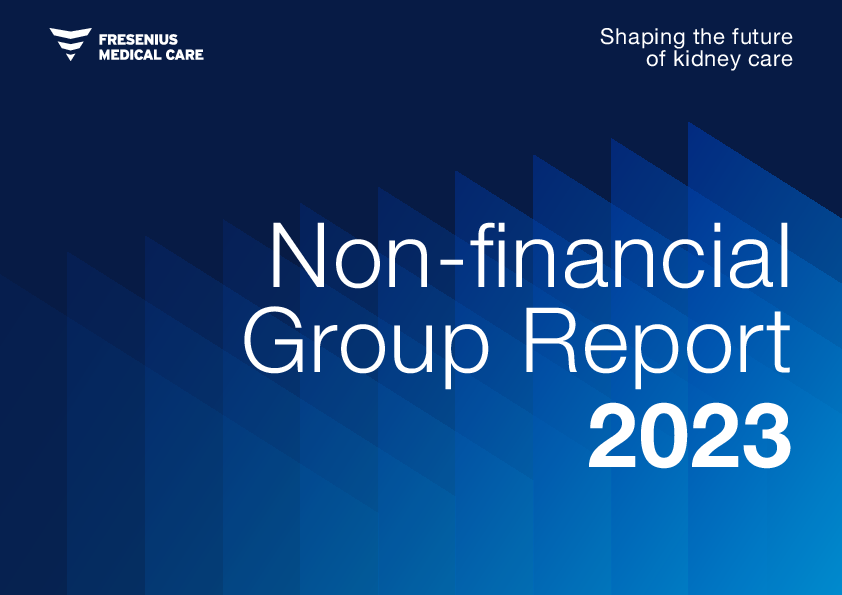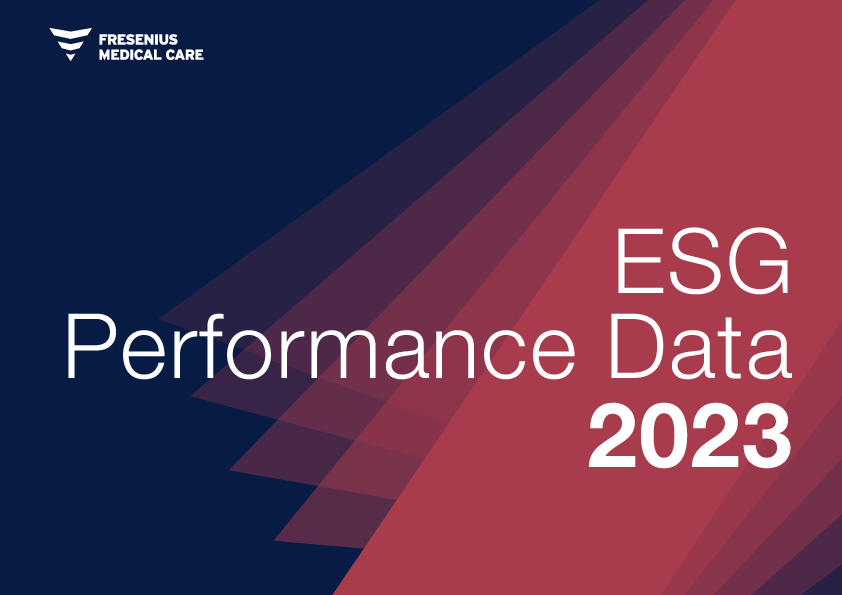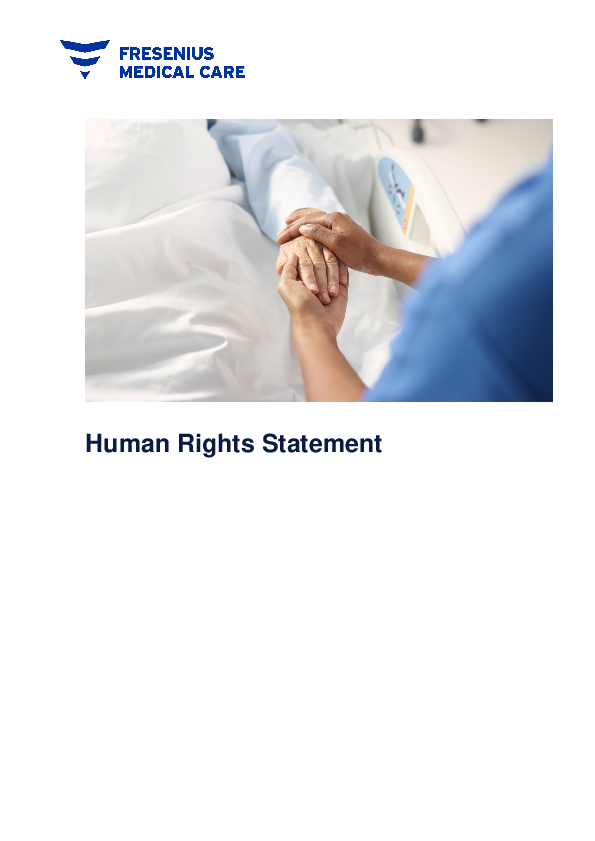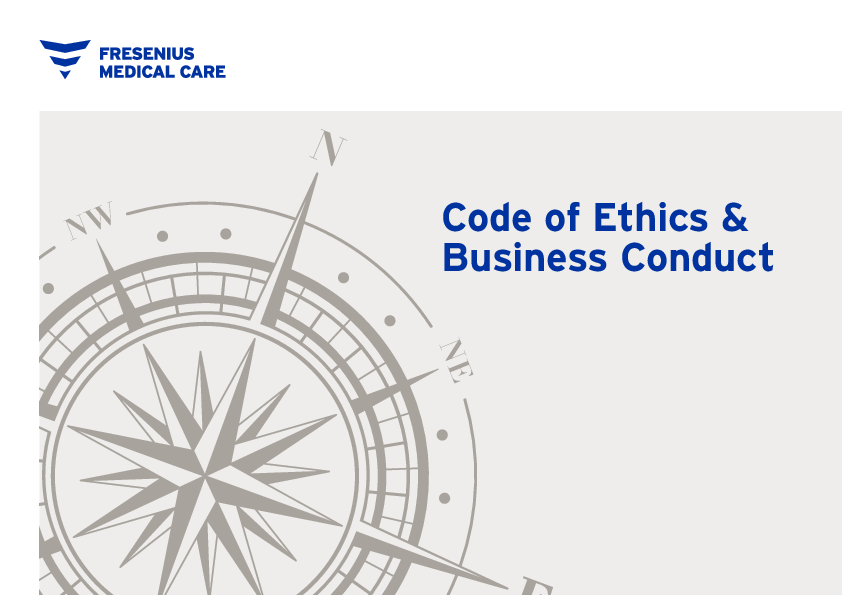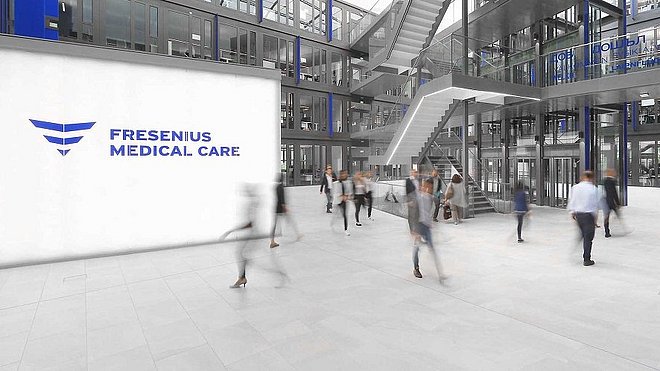Our commitment
For Fresenius Medical Care, managing sustainability successfully means creating lasting value – economically, ecologically and socially. Responsible conduct in compliance with our core values and applicable legal requirements is a key element of our corporate culture.
Sustainability governance
Responsibilities and processes in the area of sustainability are clearly regulated at Fresenius Medical Care. According to our global sustainability governance structure, sustainability is firmly established at Management Board level. The highest governing body for sustainability issues is our Sustainability Decision Board. Headed by our CEO, it is responsible for integrating sustainability into the Company’s strategy and business. Together with the Sustainability Decision Board, the Management Board decides on strategic initiatives. The Management Board and the Supervisory Board review the progress of sustainability management, which is then published in the separate Non-Financial Group Report.
Another important part of our global sustainability governance is the Corporate Sustainability Committee, which acts as an advisory and steering committee. It comprises senior representatives from all regions and global functions who have been nominated to adequately represent regional and functional interests in our sustainability activities. The Sustainability Decision Board and the Corporate Sustainability Committee enable the Global Sustainability department to manage Fresenius Medical Care’s sustainability activities.
Global Sustainability Program
In 2020, we advanced our sustainability efforts and launched a new Global Sustainability Program. It defines global targets for eight focus areas in the period from 2020 to 2022. These are derived from the results of our materiality analysis that we carry out to identify the most relevant sustainability topics for our business. The eight focus areas are: patients, employees, anti-corruption and bribery, data protection and privacy, labor and human rights, sustainable supply, environment, and occupational health and safety. The Global Sustainability Program will shape our operations and create valuable opportunities for us to integrate sustainability principles into global activities and assume even greater accountability.
Our Sustainability Reporting
Each year, we disclose information on our sustainability activities as part of our Non-Financial Report. The report is our opportunity to regularly share how we create value for all stakeholders, including our patients, employees, investors, and beyond. The report covers different focus areas. These comprise our patients and employees, environmental protection, combating bribery and corruption, and respect for human rights. It's a transparent way to discuss what we stand for as a company and what actions we take to advance these areas.
Download the latest sustainability updates here:
Responsibility to respect human and labor rights
As a global healthcare company, we work continuously to save lives, promote health and improve the quality of life of our patients. We want to make a difference to the lives of others with our products and services by enabling better access to good and affordable health care in many countries. To us, human rights are an integral part of our corporate responsibility.
To fulfill our responsibility as a health care company, we are committed to respecting human rights in our operations and complying with the laws of the countries in which we do business. The below statement is unique to Fresenius Medical Care. The below statement is unique to Fresenius Medical Care. This statement builds on our commitment to respect human rights as stipulated in our Code of Ethics and Business Conduct (“CoC”). It is guided by relevant international standards including the principles described in the United Nations Universal Declaration of Human Rights, the UN Guiding Principles on Business and Human Rights, as well as the International Labor Organization’s 1998 Declaration on Fundamental Principles and Rights at Work, and applicable legislation such as the German Human Rights Due Diligence in Supply Chains Act (Lieferkettensorgfaltspflichtengesetz).
Download
How we interact with others: Our Code of Ethics and Business Conduct
Our Code of Ethics and Business Conduct constitutes a binding framework that governs how Fresenius Medical Care employees interact with patients, colleagues, suppliers and society. The Code defines practices beyond legal requirements. It covers material non-financial topics that are relevant for Fresenius Medical Care ranging from patient care, quality and innovation, anti-corruption and bribery to worker protection, the environment and health and safety. The Code of Ethics and Business Conduct and our underlying values also include Fresenius Medical Care’s commitment to respecting material human rights topics such as working conditions, non-discrimination and grievance mechanisms. It applies worldwide to the members of the Management Board, to all of the company’s employees as well as to the operations of all direct and indirect subsidiaries that are majority-owned or controlled in some other way by us.
Compliance with the Code of Ethics and Business Conduct is essential for Fresenius Medical Care’s long-term success as it is the foundation of our corporate culture and an integral part of day-to-day work. Specialized functions at global, regional and local level are responsible for implementing and communicating these principles within the organization. Training programs on the Code of Ethics and Business Conduct are designed to increase awareness of the applicable rules and help employees to understand them better and comply with them. The training programs are held regularly and are mandatory for all relevant employees. Standardized processes are in place to allow employees to attend the programs.
Download
Materiality analysis
To identify and prioritize the topics that have the strongest impact on the economy, society and the environment and matter most to our business, we aim to carry out a comprehensive materiality analysis at least every five years.
In 2019, we conducted a thorough materiality analysis in accordance with the German Commercial Code to help us identify topics that are important to the business and our stakeholders and that therefore need to be covered in our reporting.
Our materiality analysis comprised five steps:

1. In a first step, we created a comprehensive list of potential material topics based on a competitor benchmark, our corporate risk management reporting, ESG ratings and rankings such as DJSI, CDP and MSCI, best-practice guidelines including GRI or the Sustainability Accounting Standards Board (SASB). The list also included the results of our trend and media analysis.
2. To prioritize the sustainability topics according to their business relevance, we then conducted an online survey, in which we asked representatives of all regions and functions to assess the importance of the individual topics for Fresenius Medical Care.
3. To gain an internal perspective on our contribution to sustainable development, we used the comprehensive and internally accepted Sustainable Development Goals (SDGs) as a proxy to help us understand how our business activities impact non-financial aspects.
4. We then asked our stakeholders for feedback and identified external stakeholders to review the results and make sure that the materiality analysis process and the results derived from it are sound.
5. Finally, we involved senior management and asked them to test the results of our materiality analysis and validate the outcome.
In 2022, we reviewed our materiality analysis. It confirmed the prioritization of key areas identified in 2019. We continuously monitor and evaluate upcoming topics and areas of interest for our stakeholders.
How we contribute to the UN's Sustainable Development Goals
In response to the economic, social and environmental challenges that our planet faces, the United Nations defined 17 goals for a sustainable development. The so-called Sustainable Development Goals (SDGs) are a worldwide agenda to reduce hunger and poverty, improve health, enable equal opportunities and protect the planet. We too expressly support the comprehensive approach of the SDGs. In line with our corporate purpose “Creating a future worth living. For patients. Worldwide. Every day.”, we support in particular SDG 3, which focuses on good health and well-being.
In addition, we seek to make a responsible contribution to further SDGs:
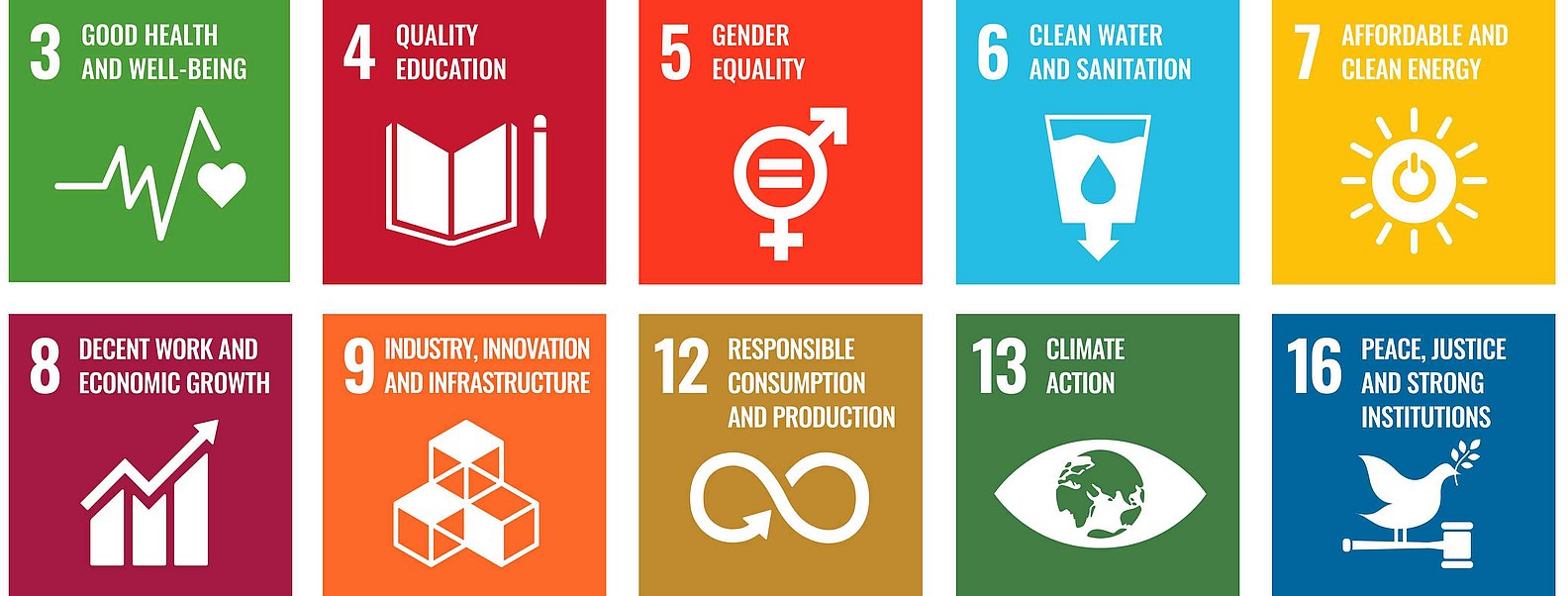
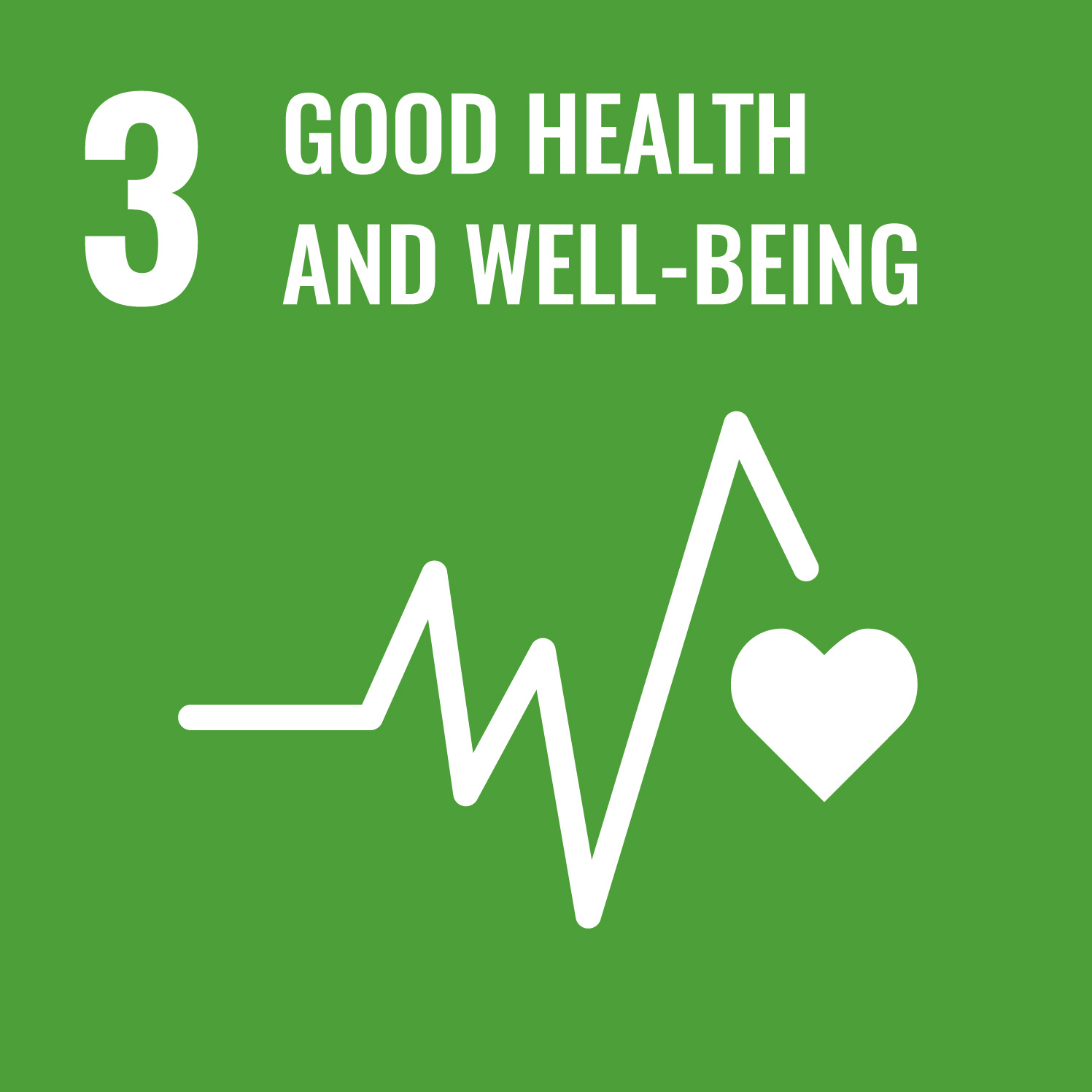
"Ensure healthy lives and promote well-being for all at all ages"
Fresenius Medical Care’s vision is to create a future worth living for dialysis patients, worldwide, every day.
To live up to this vision, we strive to improve the lives of our patients worldwide through superior products and services.
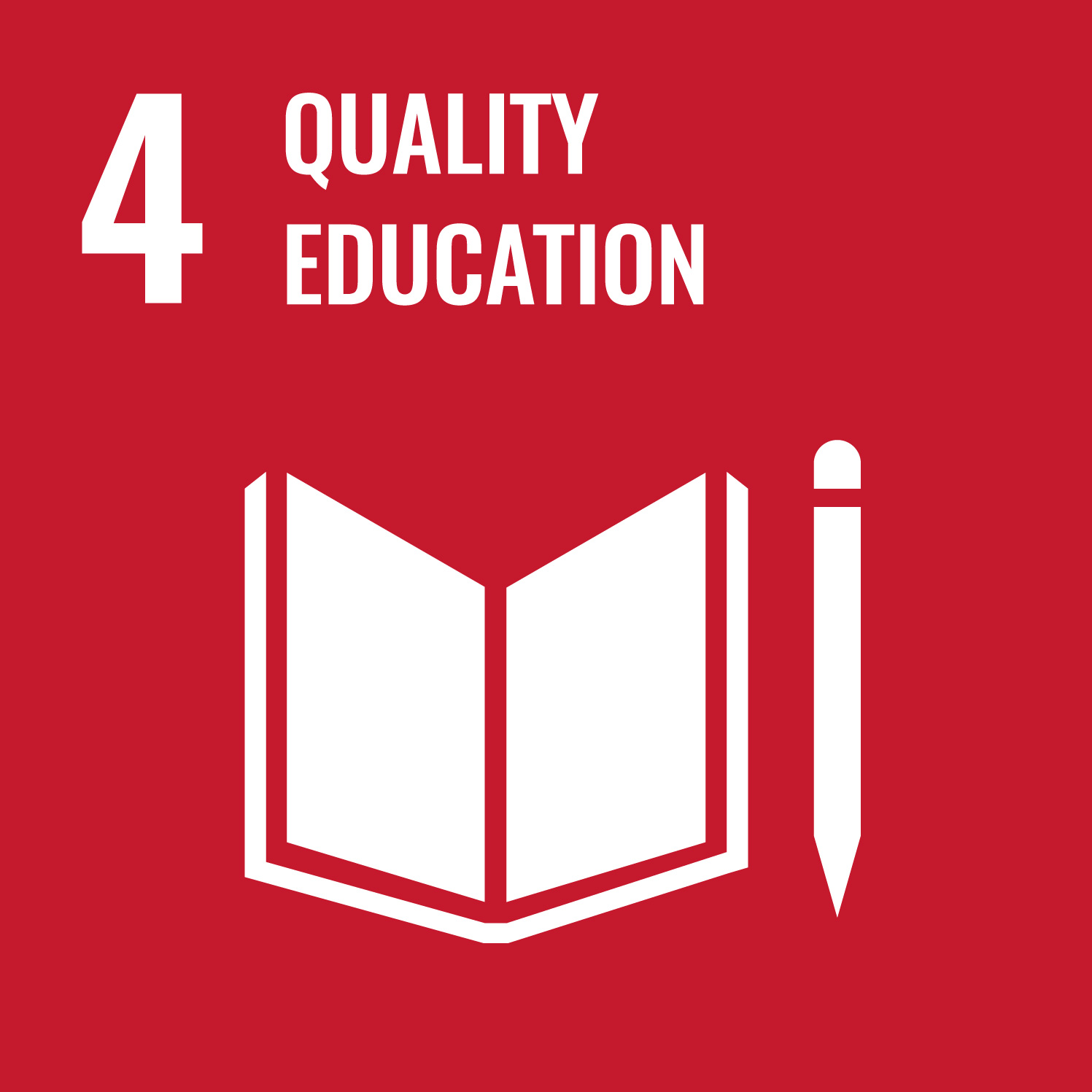
"Ensure inclusive and equitable quality education and promote lifelong learning opportunities for all"
We believe that lifelong learning and education as well as personal and professional development are crucial elements of employee motivation and prerequisites for a successful career.
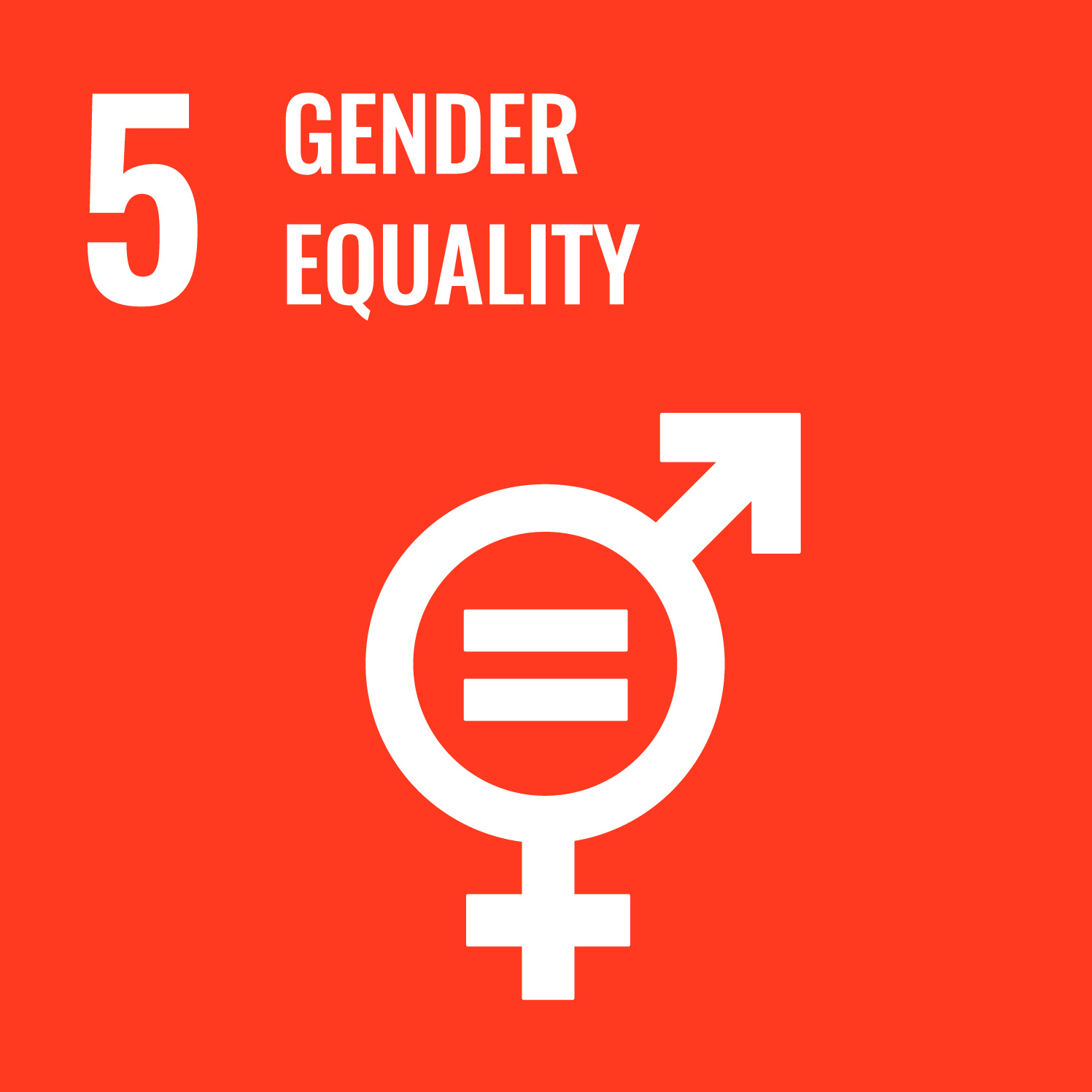
"Achieve gender equality and empower all women and girls"
We support equal opportunities for our patients and employees and take a clear stand against discrimination. We do not tolerate any form of discrimination based on gender, race, ethnic origin, skin color, nationality or national origin, religion or belief, age, marital status, citizenship, disability, sexual orientation, veteran status or any other unlawful discriminatory consideration.
We do not permit discrimination in hiring or in the workplace based on gender. The increased focus on diversity in our talent pipelines will further support an inclusive work environment and ensure that Fresenius Medical Care’s employees continue to have equal career opportunities.
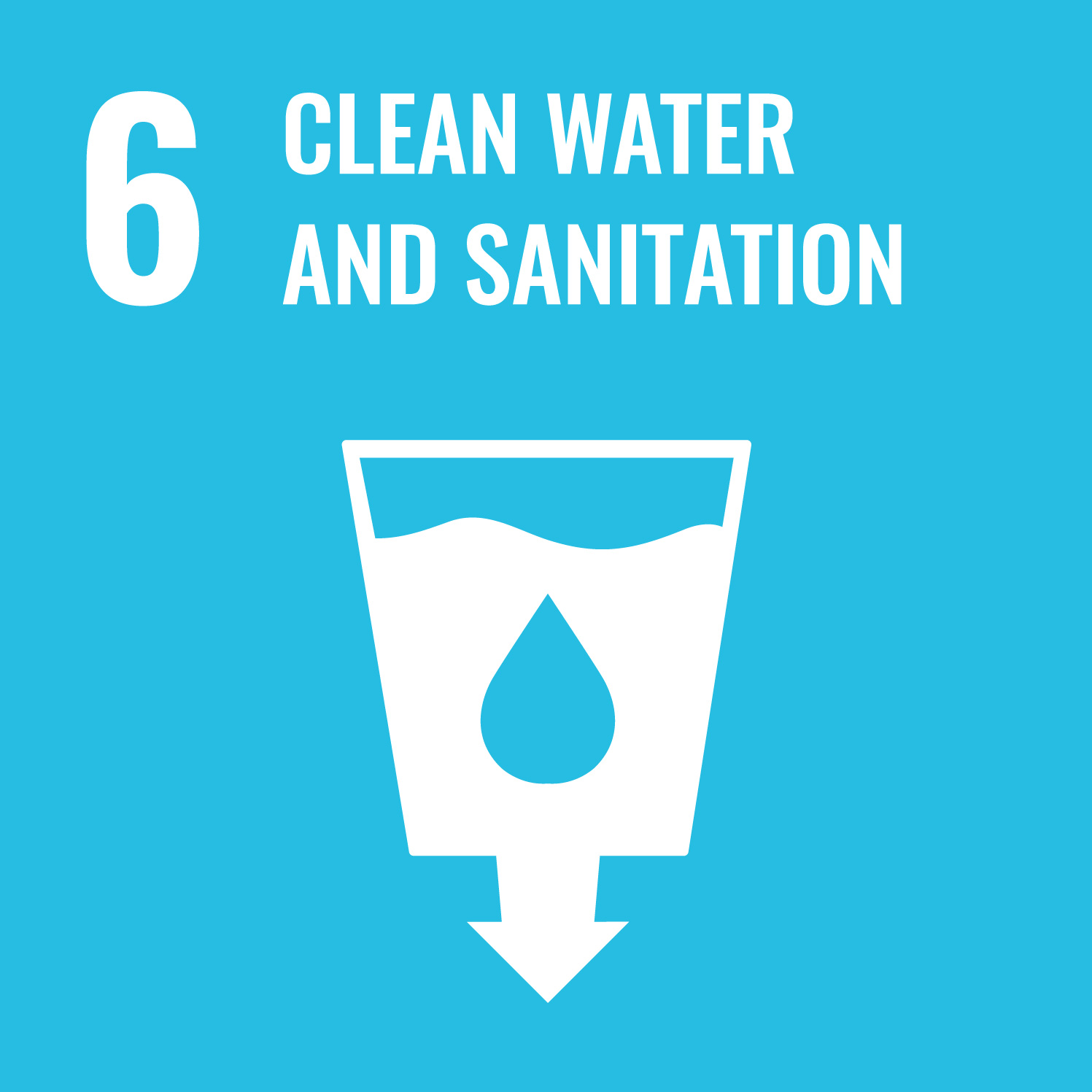
"Ensure availability and sustainable management of water and sanitation for all"
Innovations and new technologies help us to reduce our impact on the environment and the use of resources. Most of the water utilized by Fresenius Medical Care is needed to produce dialysate during life-saving dialysis treatment. The amount of dialysate and consequently the amount of water required per dialysis treatment is determined by a variety of factors including the blood flow rate, the selected dialyzer and the treatment method, most of which are the direct responsibility of the physician. In our efforts to save resources, it is of utmost importance to us that resource efficiency does not compromise the quality of care or product quality. With our latest machine generations, the 5008 and 6008 series, we have developed a dialysis machine that supports patient safety while at the same time being eco-friendly. This allows us to save substantial amounts of dialysate, water and energy while maintaining a constant dialysis quality.
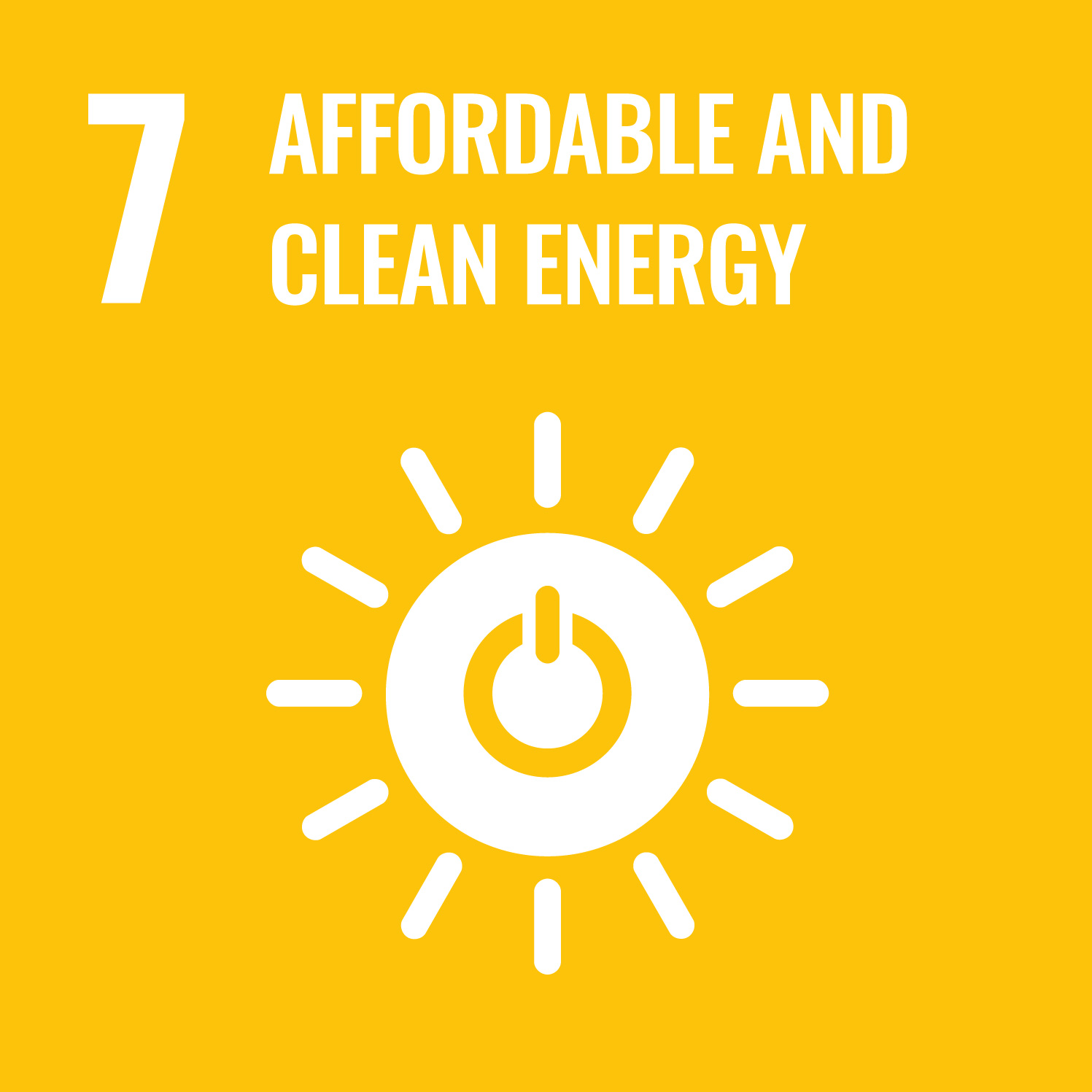
"Ensure access to affordable, reliable, sustainable and modern energy for all"
One of our core objectives is to further reduce the impact of dialysis treatment on the environment while saving on resources and ensuring cost efficiency. The results show that this has enabled us to systematically reduce water and energy consumption as well as the amount of blood-contaminated waste in our dialysis centers in the past few years.
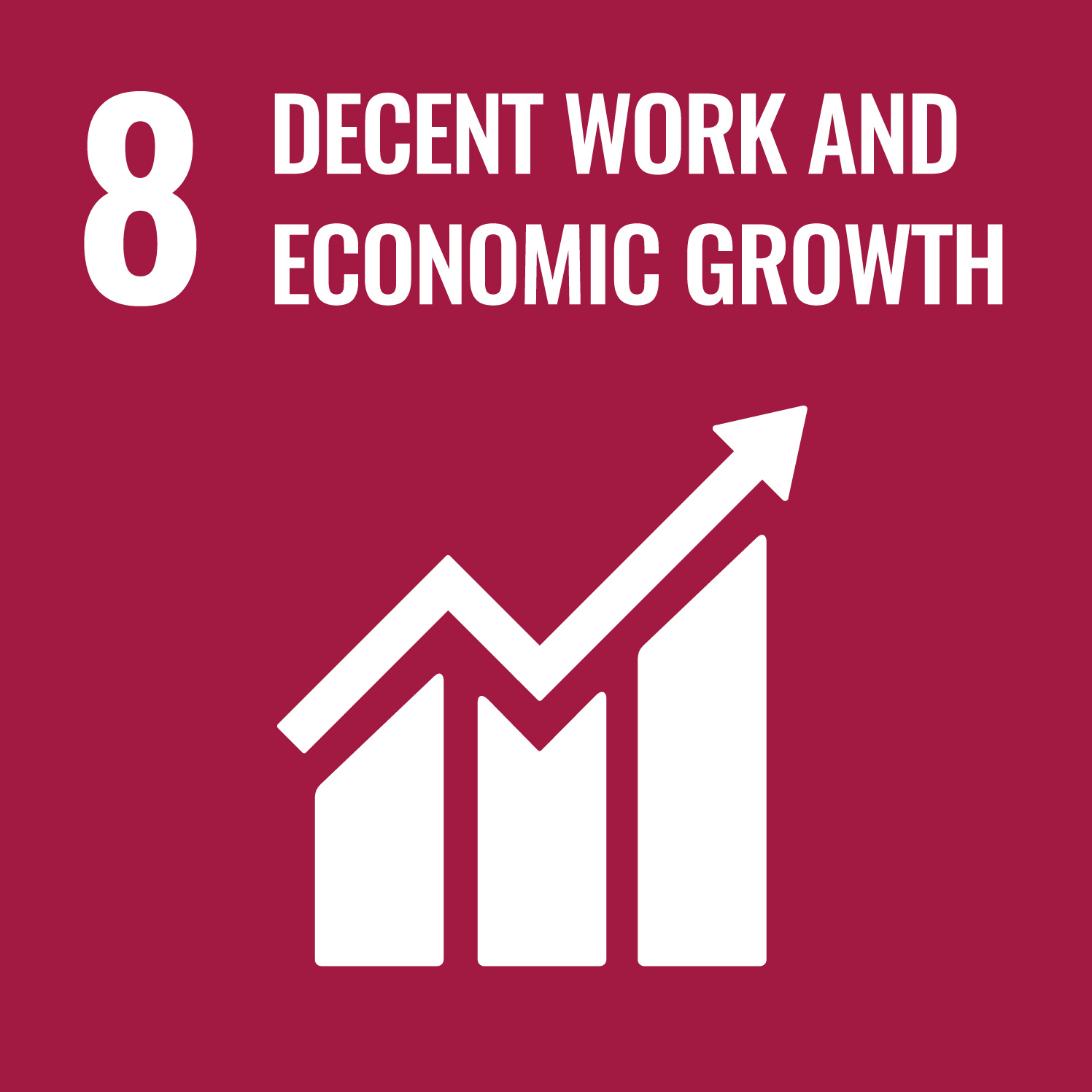
"Promote sustained, inclusive and sustainable economic growth, full and productive employment and decent work for all"
We are committed to ethical, sustainable and socially responsible procurement. We care about the way our suppliers do business. For this reason, we expect our suppliers to comply with our Global Supplier Code of Conduct along their own supply chain and establish adequate procedures for this purpose.
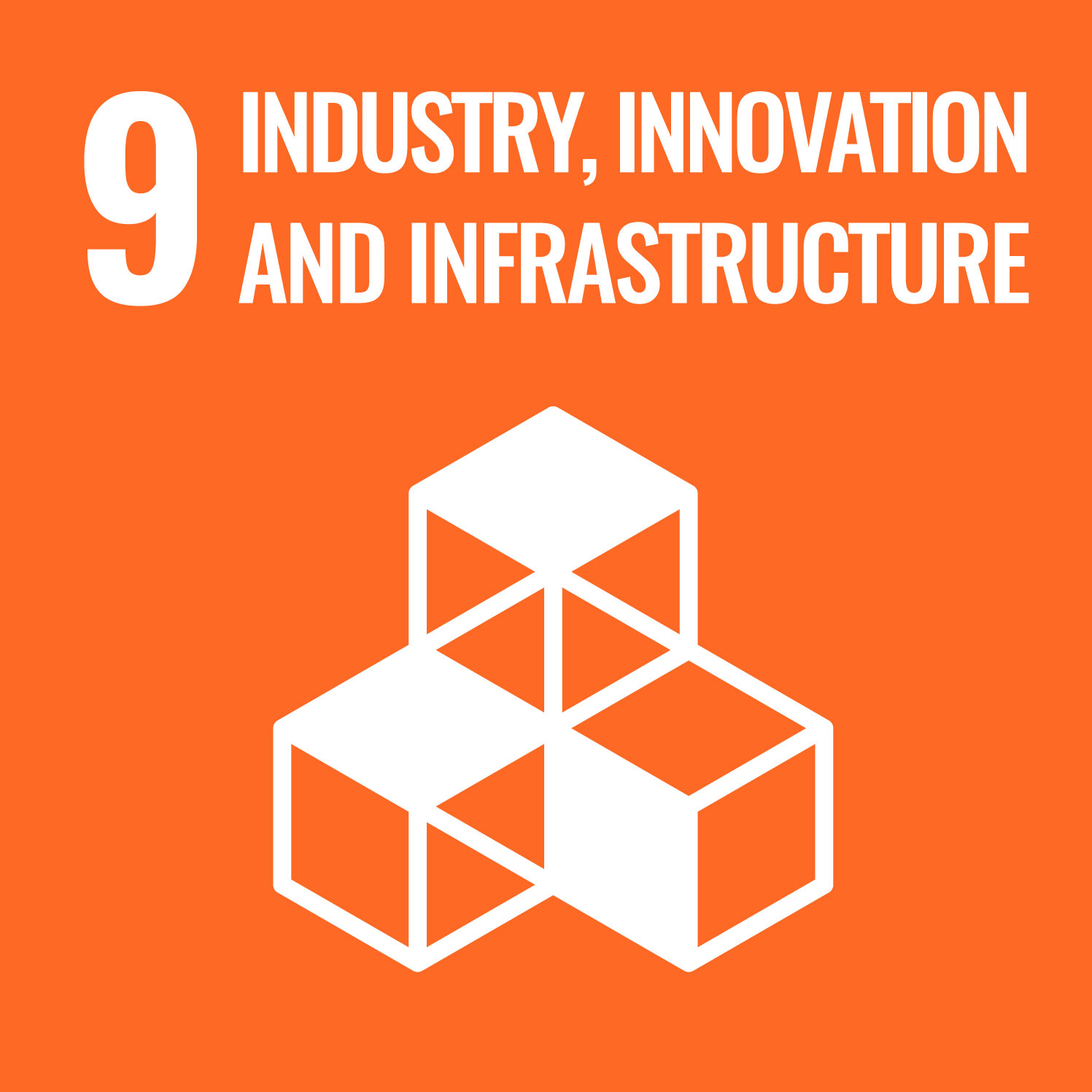
"Build resilient infrastructure, promote inclusive and sustainable industrialization and foster innovation"
More than three decades of experience in dialysis, innovative research, global leadership in dialysis services and products – this is what Fresenius Medical Care stands for. Innovations and new technologies help us to reduce our impact on the environment and the use of resources.
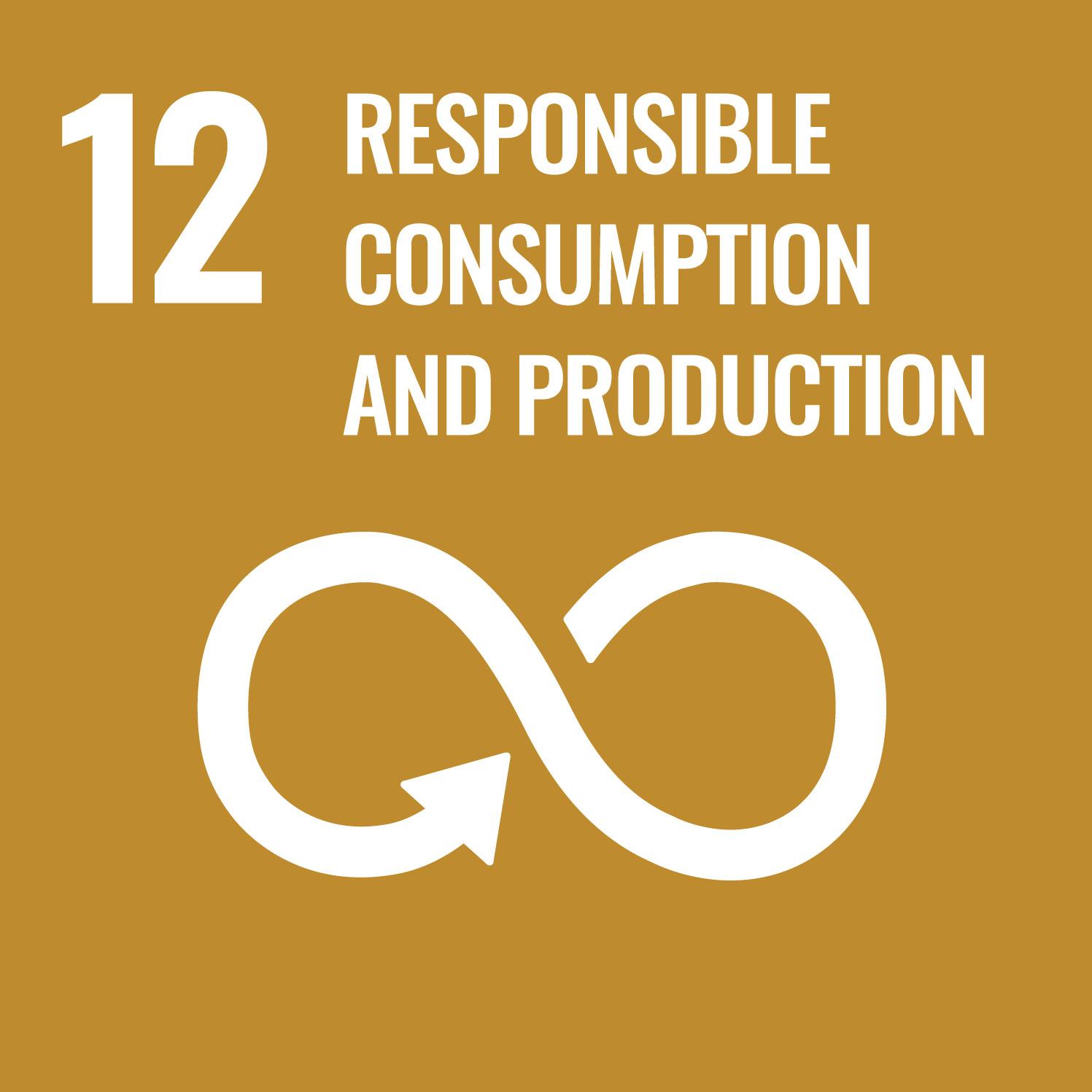
"Ensure sustainable consumption and production patterns"
We actively reduce the environmental impact from our operations by monitoring and continuously improving our environmental performance, using resources as efficiently as possible, and seeking to leverage the advantages of new technology. Internationally agreed standards such as ISO 14001 help us to take a strategic approach to improving our environmental performance. Our suppliers play an important role and contribute to our sustainable growth and business success. Thus, we expect our suppliers to support our commitment to society, the environment and our stakeholders.
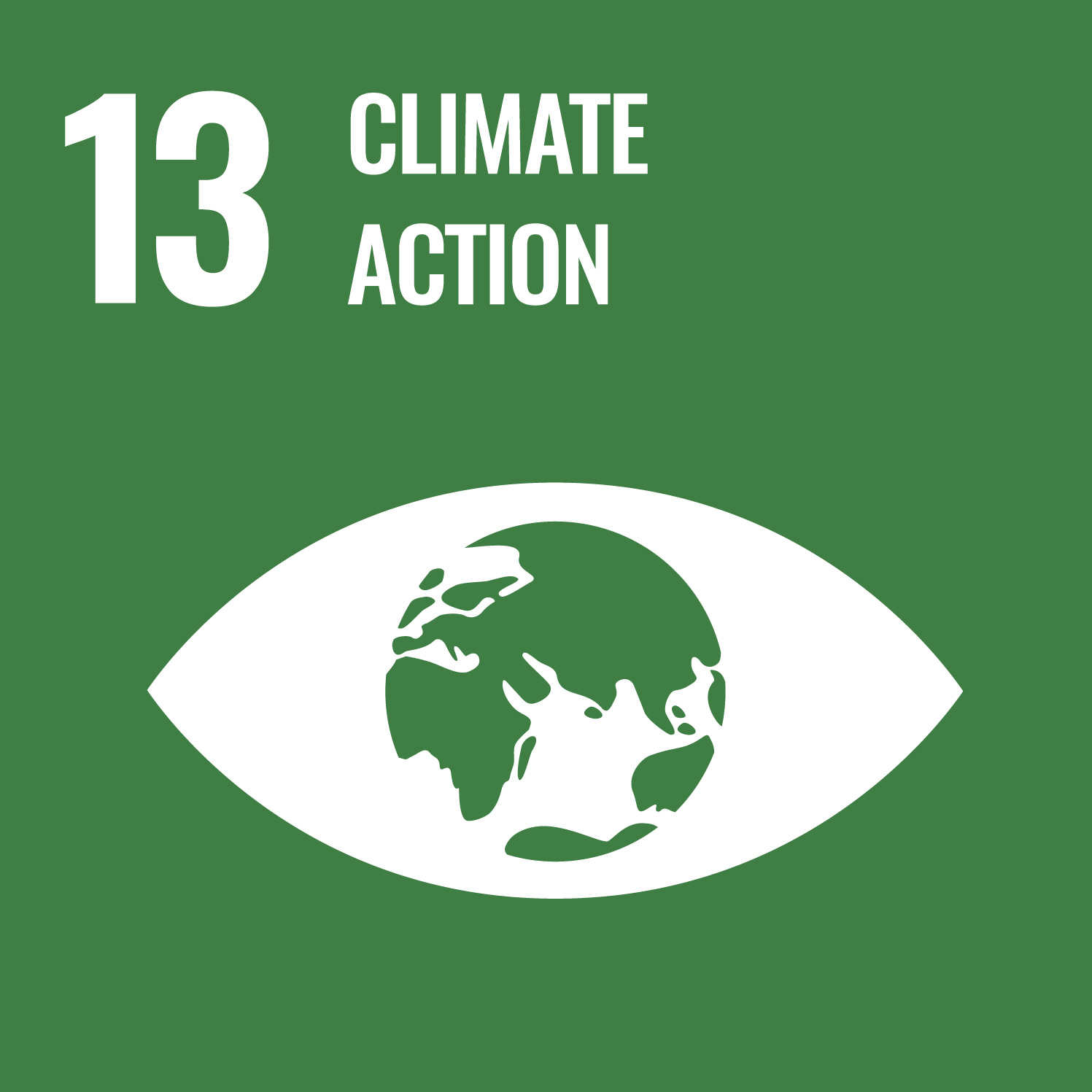
"Take urgent action to combat climate change and its impact"
Environmental management at Fresenius Medical Care includes management of water, waste water, energy, waste as well as greenhouse gas emissions. These topics are the focus of our environmental management activities. We aim to achieve environmental improvements along the entire lifecycle of our products and reduce negative environmental impacts and risks for our patients and employees.
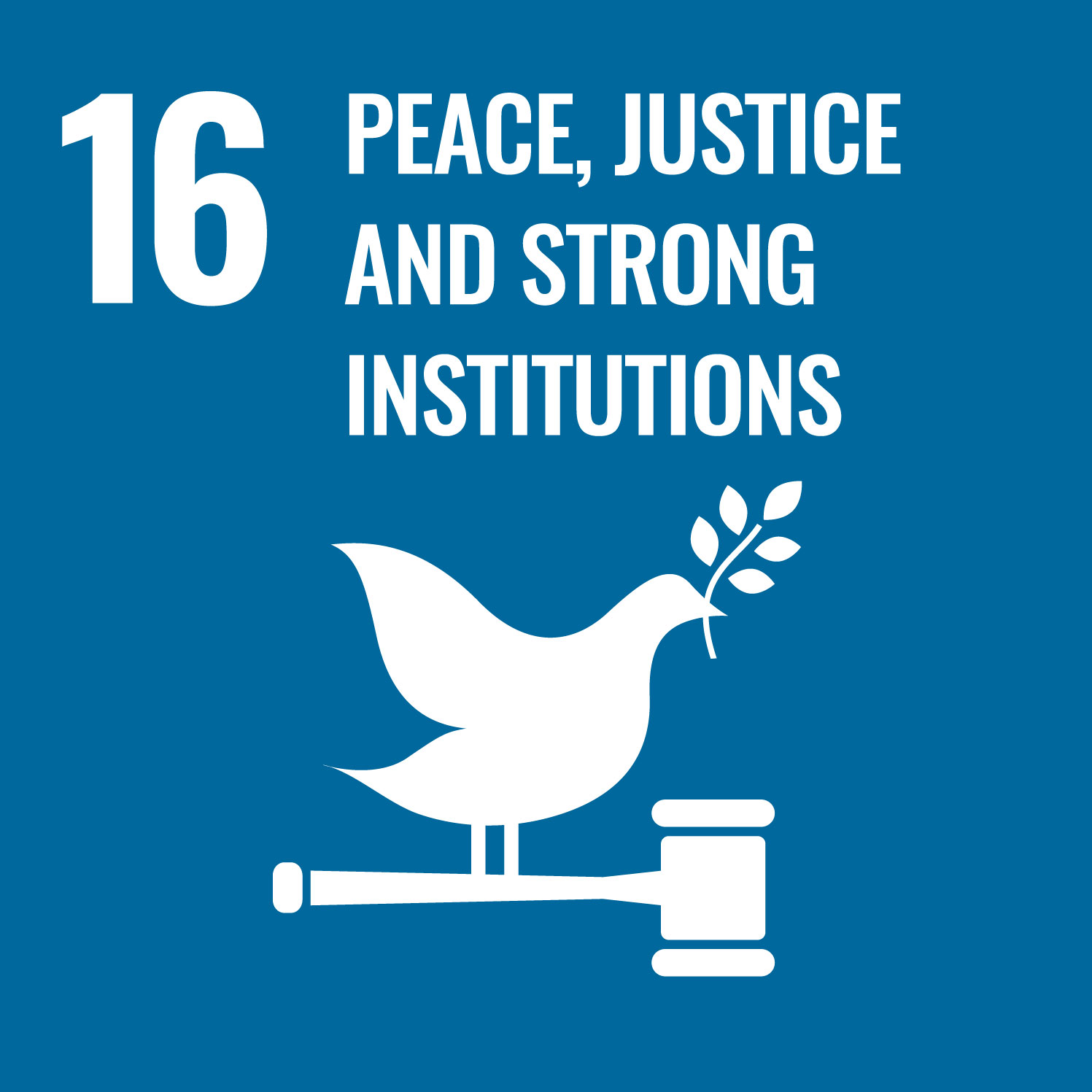
"Promote peaceful and inclusive societies for sustainable development, provide access to justice for all and build effective, accountable and inclusive institutions at all levels"
Operating on a global scale means having global responsibility. As the world market leader in dialysis, we are aware of our responsibilities. At Fresenius Medical Care, we maintain a comprehensive worldwide compliance program, which includes compliance staff, a written Code of Ethics and Business Conduct applicable worldwide, regulatory compliance policies and procedures including corrective action for failure to follow policies and periodic internal audits of our compliance procedure. Being the cornerstone of our compliance program, the Code of Ethics and Business Conduct describes our standards emphasizing the company's commitment to operate in accordance with the applicable laws and regulations as well as our company policies.
We believe that our commitment to sustainability needs to be reflected in our procurement practices. Therefore, we expect our suppliers to comply with our Global Supplier Code of Conduct along their own supply chain and establish adequate procedures for this purpose.
